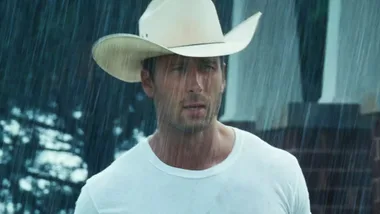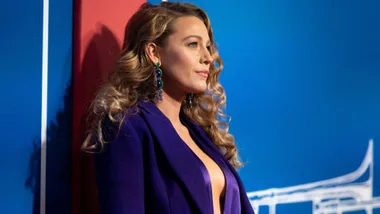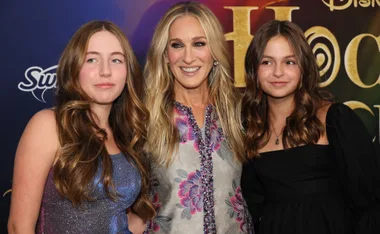The 2020 U.S. presidential race is officially underway, and as citizens flock to polling stations, we’re watching it all unfold with eager anticipation.
Between the coronavirus pandemic and Black Lives Matter movement, the U.S. has faced tremendous challenges this year, and with a country that is so divided, the stakes have never been higher.
So, as we root for a Democratic landslide, it’s important to understand what we can expect if Joe Biden and his running mate, Kamala Harris, were to actually take home the win.
After all, despite almost half a century in the business, many of us only came to recognise Biden as Barack Obama’s opposition in the 2008 Democratic race, and then as the former POTUS’ Vice President. When in fact, Biden has seen the Democratic party through its complete evolution in the last four decades.
So if you too have found yourself a little under-informed when it comes to the potential future President of the United States, we’ve collated a cheat-sheet of everything to know about Joe Biden.
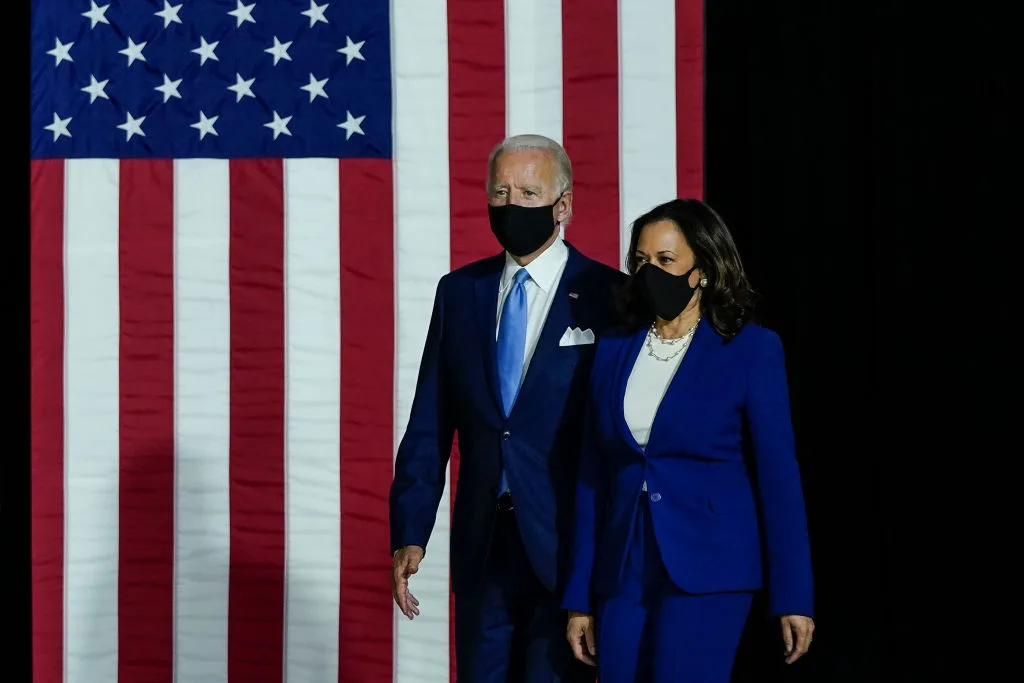
Joe Biden was born in Scranton, Pennsylvania before his family moved to Delaware before he eventually studied law at Syracuse University College of Law.
He married Neilia Hunter in 1966 and had three children, Joseph R. ‘Beau’ Biden III, Robert Hunter Biden, and Naomi Christina ‘Amy’ Biden.
When first going into politics, Biden was recruited by local Republicans but ended up registering as an independent because of his distaste for Republican presidential candidate Richard Nixon.
It wasn’t until 1969 that he officially registered as a Democrat, and in 1972, with no campaign money and seemingly no chances of winning, he defeated J. Caleb Boggs to become the now-sixth youngest senator in U.S. history.
His platform focused on withdrawal from Vietnam, the environment, civil rights, mass transit, more equitable taxation, health care, and public dissatisfaction with “politics as usual”.
His personal life has been rife with tragedies, including the death of his wife Neilia and their one-year-old daughter Amy due to a car accident in 1972, and the 2015 death of his son, Beau Biden, from brain cancer.
Obama once said that it was his strength and character that made him the right person to lead the country. Scroll on for what the former president and his current running mate has had to say about him and where he stands on some important political issues.
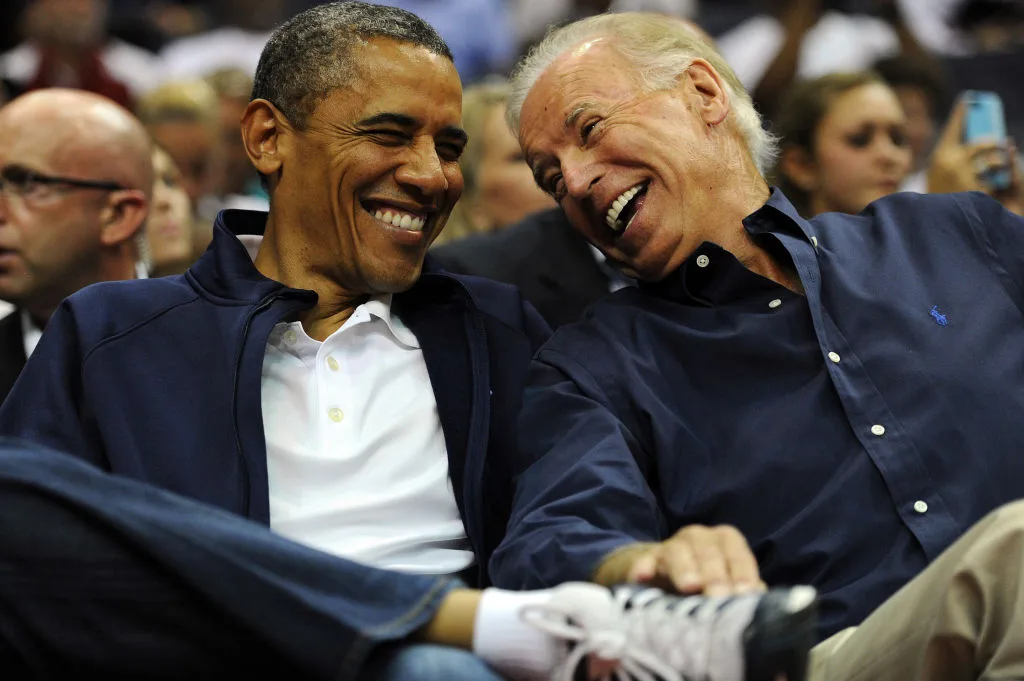
What Obama has to say about him
In a video, urging his Americans to vote for his former VP, Obama said the following: “Choosing Joe Biden to become my VP was one of the best decisions I ever made and he became a close friend. And I believe Joe has all the qualities we need in a president right now.”
Adding that, “Joe has the character and the experience to guide us through our darkest times and heal us through a long recovery.”
“And I know he’ll surround himself with good people: experts, scientists, military officials, who actually know how to run the government,” he said.
What Kamala Harris has to say about him
When Biden officially elected Harris as his running mate, she celebrated the win by praising him on Twitter.
“Joe Biden can unify the American people because he’s spent his life fighting for us. And as president, he’ll build an America that lives up to our ideals. I’m honoured to join him as our party’s nominee for Vice President, and do what it takes to make him our Commander-in-Chief.”
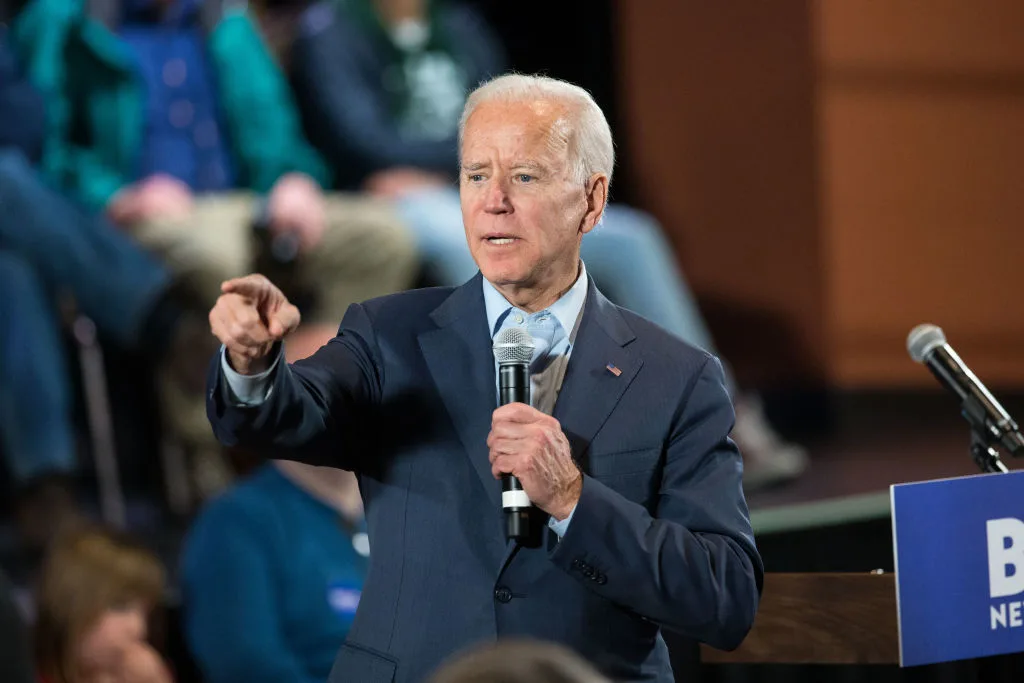
“If we give Donald Trump eight years in the White House, he will forever and fundamentally alter the character of this nation, who we are, and I cannot stand by and watch that happen.”
– Joe Biden
Higher Education
Biden has proposed offering free tuition for public universities, community colleges, historically black universities, and minority-serving institutions.
Climate Change
It should be noted that in 1986, Biden introduced one of the U.S.’s first bills addressing global climate change in the Senate: the Global Climate Protection Act.
According to his climate plan, he believes “there is no greater challenge facing our country and our world.” His first steps to curbing emissions will involve rejoining the Paris Climate Accord—the agreement which Donald Trump withdrew from—which aimed to cut greenhouse gases by up to 28% by 2025 (based on 2005 levels).
With a proposal to invest $2 trillion USD in green technologies research, Biden is certainly not staying dormant on this crisis.
Touting the problem as one of his main campaign pillars, the presidential hopeful will see to “ensuring the U.S. achieves a 100% clean energy economy and net-zero emission no later than 2050.”
However, it should be noted that even if Biden does win, Republicans may hold Senate control, meaning that soft of the more idealistic goals will most likely be stopped in their tracks.
Gun Control
The Democratic candidate aims to ban assault weapons, these refer to semi-automatic firearms including rifles, pistols and shotguns.
He also aims to enforce more stringent background checks, ensuring that not just anyone can own a firearm, and end the sale of firearms and ammunition online entirely.
Among a host of other new restrictions, his proposal would also see significant changes to who can purchase a gun, prohibiting anyone who has been convicted of a misdemeanour hate crime from buying/owning a gun.
Another notable fact about him is that he has taken on the National Rifle Association, arguably one of the most powerful groups in the country, and won—twice!
Gender Equality
Back in 1990, then-Senator Biden introduced the Violent Against Women Act (VAWA), a landmark piece of legislation that established domestic violence and stalking as federal crimes, and doubled penalties for repeat sex offenders. Rates of domestiv violence have decreased by over 50% since.
In 2014, he joined then-president Obama in creating the White House Task Force to Protect Students from Sexual Assault.
“Freedom from sexual assault is a basic human right… a nation’s decency is in large part measured by how it responds to violence against women… our daughters, sisters, our wives, our mothers, our grandmothers have every single right to expect to be free from violence and sexual abuse,” he said at the time.
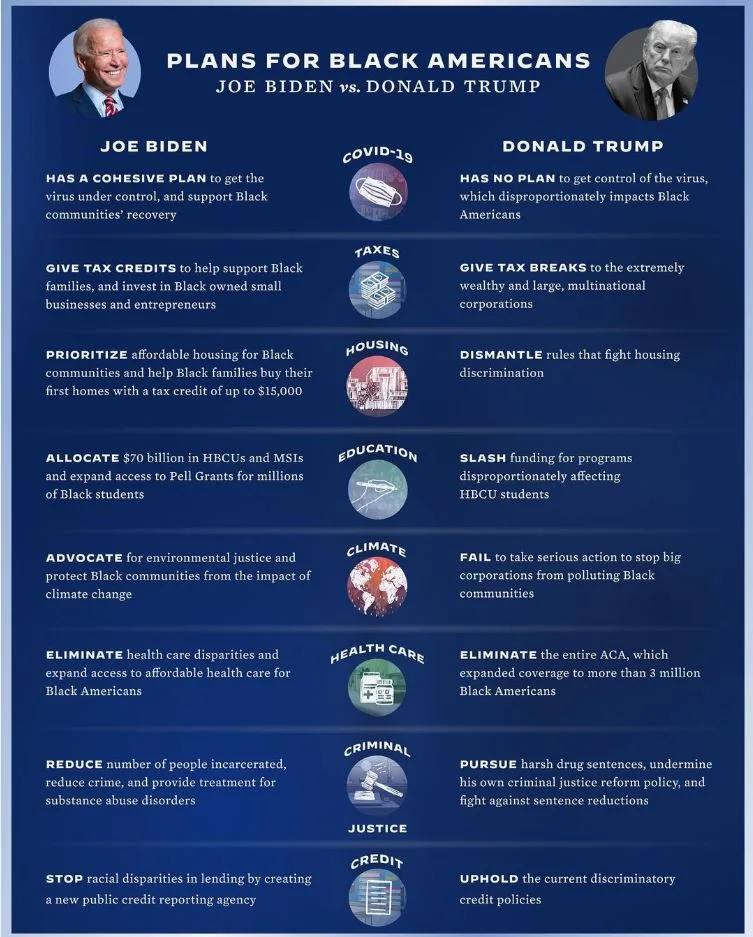
LGBTQI+
During his time as VP, Biden openly discussed his support of the LGBTQI+ community and has pledged to enact the Equality Act within the first 100 days of his potential presidency.
This would provide non-discrimination protections for LGBTQI+ people across employment, housing, credit, education, public spaces and federally-funded programs. It would also amend several long-standing pieces of legislation that contain antiquated ideas around sex and gender.
It should be noted that Donald Trump’s administration has opposed the Equality Act, stating that it would “undermine parental and conscience rights,” when the bill defined ‘gender identity’ as “the gender-related identity, appearance, mannerisms, or other gender-related characteristics of an individual, regardless of the individual’s designated sex at birth” back in 2019.
Immigration
Biden has pledged to reverse Trump policies which work to separate parents from their children at the U.S.-Mexican border, raise the cap on refugees brought into the country and end the bans on travel from several majority-Muslim countries.
He has also promised to protect DACA applicants and ensure their eligibility for student aid.
(And he definitely won’t be building that wall.)
Police Funding
Though leadership under Biden wouldn’t see the police being defunded, he plans to add funding for experts such as social workers to respond to certain calls alongside officers.
He also wants to provide the Justice Department with more power to investigate police departments after the police killing of George Floyd.
Prison Reform
One of Biden’s primary goals is to cut down rates of incarceration by focusing on crime prevention and rehabilitation.
His approach involves avoiding harsher penalties and is more focused on tackling root causes of criminal behaviour such as child abuse, illiteracy and addiction.
“No one should be going to jail for a drug problem, they should be going to rehabilitation,” he said.
He also opposed the death penalty because of the possibility of wrongful convictions.

